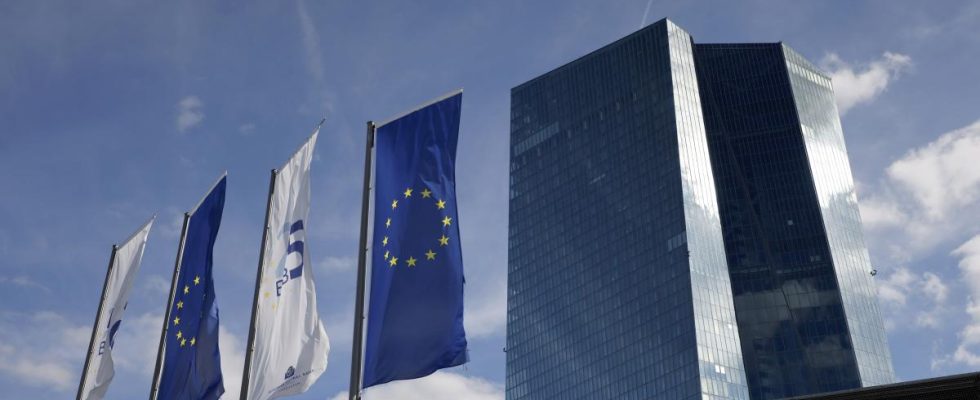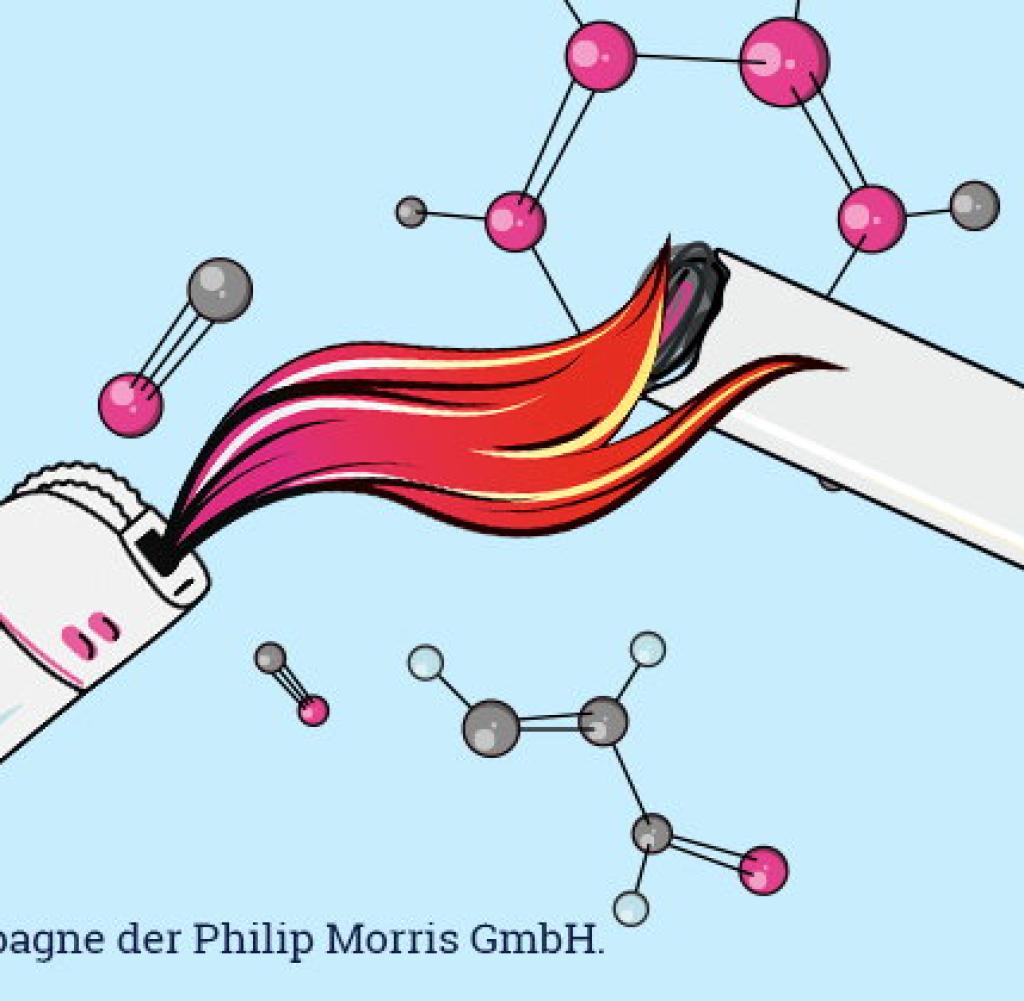ECB leaves key interest rate unchanged at 4.5 percent
“Three interest rate cuts are expected next year”
For now, interest rates in the euro area will remain unchanged. The Council of the European Central Bank decided to leave the key interest rate at 4.5 percent. Recently, inflation has continued to decline. For experts, this is due to the ECB’s tight monetary policy line.
After ten interest rate increases in a row, the European Central Bank’s monetary authorities have decided not to affect key interest rates. The key interest rate therefore remains unchanged at 4.5 percent.
DThe European Central Bank (ECB) is taking a pause on interest rates for the first time in the fight against inflation after ten interest rate increases in a row. The monetary authorities around central bank chief Christine Lagarde decided on Thursday at their external interest rate meeting in Athens not to touch the key interest rates.
The key interest rate at which commercial banks can borrow money from the ECB remains at 4.5 percent, the so-called peak refinancing rate for short-term procurement of money remains at 4.75 percent and the deposit interest rate, which is important for savers, remains at its historic high of 4.0 Percent. Banks receive this from the central bank for parking excess funds.
The ECB said that previous interest rate increases “continue to have a strong impact on financing conditions”. This is increasingly dampening demand and thus contributing to a decline in inflation. “The future decisions of the Governing Council of the ECB will ensure that key interest rates are set at a sufficiently restrictive level for as long as necessary,” said the euro watchdog. This means that the Euro Central Bank has now probably reached the interest rate peak for the time being on the tightening course it initiated in the summer of 2022.
“The economy is likely to remain weak for the rest of the year,” Lagarde said on Thursday after the interest rate decision. However, with inflation continuing to decline and foreign demand for export products from the Eurozone increasing, the economy is likely to gain strength in the coming years. The euro zone economy only grew minimally in the spring. Some experts assume that it will have shrunk in the summer quarter and a recession is looming.
Economists expect interest rates to stabilize at current levels
Initial reactions from economists were positive. “This is a good decision,” explained the President of the Munich Ifo Institute Clemens Fuest. “The rapid rate hikes over the past year or so have helped to moderate inflation and stabilize inflation expectations, and this trend is expected to continue in the coming months.”
The chief economist at HQ Trust, Michael Heise, explained: “With the foregoing of a further interest rate increase, a phase of stable interest rates has now begun.” From the perspective of Commerzbank chief economist Jörg Krämer, the ECB has once again signaled that it will probably not raise interest rates any further. “This is risky because the deposit rate of 4.0 percent is not very high given the underlying inflation problem.” This makes it all the more important that the ECB does not give in to the weak economy and leaves interest rates at the level they have reached for as long as possible.
Inflation in the 20-country community has recently fallen significantly. In September it fell to 4.3 percent from 5.2 percent in August. As recently as autumn 2022, the rate was at times over ten percent. However, inflation is still more than twice as high as the Euro Central Bank’s target of two percent. The central bank is assuming inflation of 5.6 percent in the euro zone for the entire year 2023.


